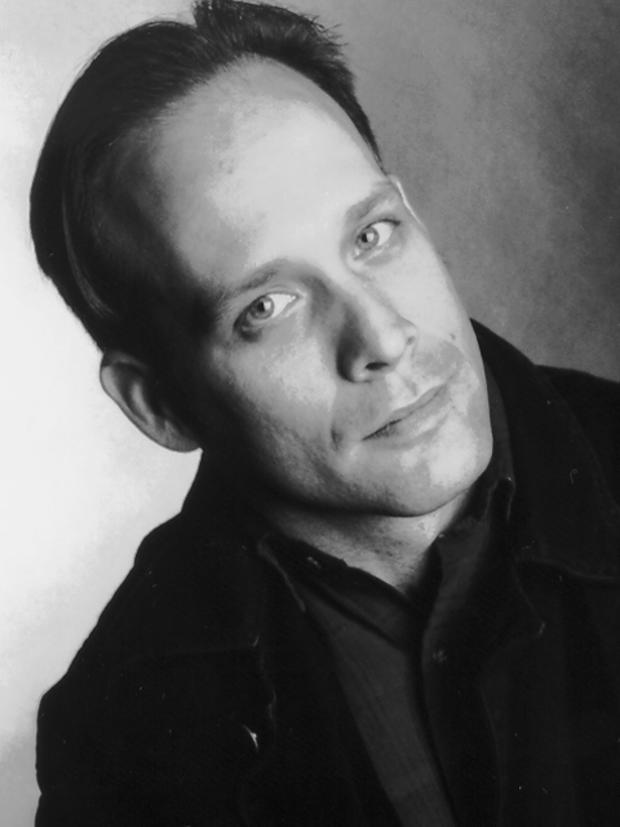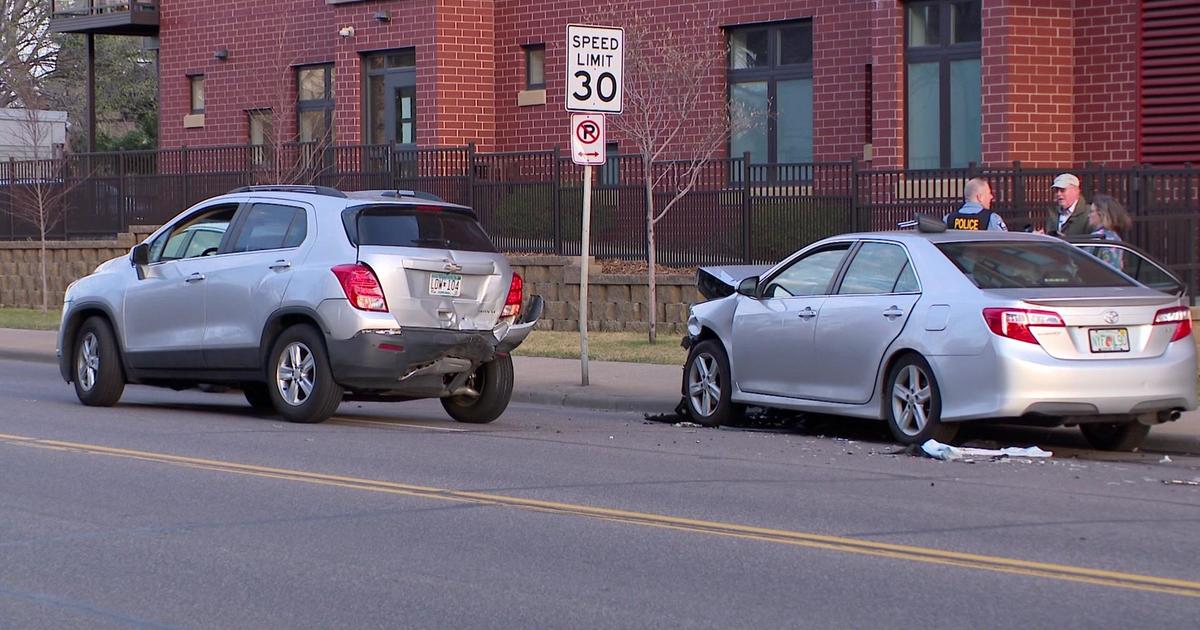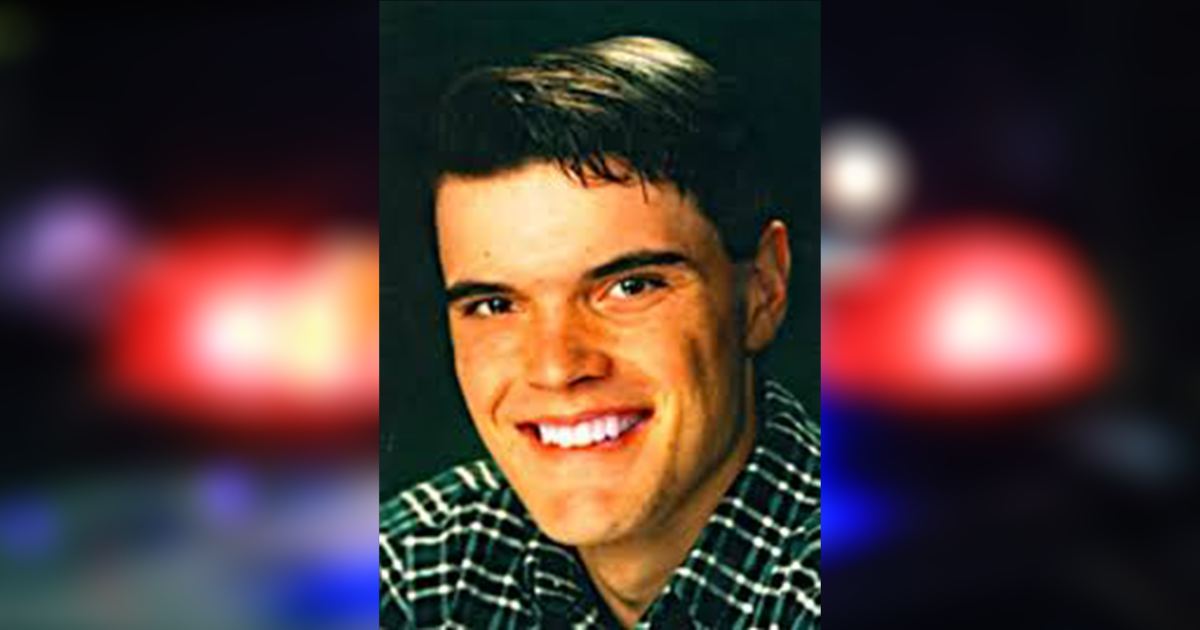Movie Blog: Minn. Opera & Herrmann's Magnum Opus
Bernard Herrmann was a superstar movie composer almost before the concept of brand-name movie composers was even thinkable.
He wrote music for the two most critically-acclaimed movies of all time, according to the latest Sight & Sound film poll: Citizen Kane and Vertigo. His score for Psycho introduced what is unquestionably the most recognizable riff in all cinema, the legendary stabbing strings from Janet Leigh's fateful encounter in a Bates Motel shower stall.
And yet, it's entirely possible he was banking his entire musical legacy on a project built for the proscenium arch, not the silver screen.
Because movie scores and scorers were once a piece of the assembly line that typified Hollywood studio filmmaking in the Golden Age, those swirling ostinatos accompanying Vertigo's Spriograph titles and the playfully macabre whip-cracks from his Oscar-winning work on The Devil and Daniel Webster were always potentially apt to fall through the cracks of pop history.
Serious composers often pinned their hopes for immortality on more classical forms. For Herrmann, that form was opera. And, in an ironic stroke of fate, it's today, perhaps, the composer's least-exposed major work.
And one ripe for rediscovery.
"Most people don't even know he wrote an opera," admitted Eric Simonson, director for the Minnesota Opera's production of Wuthering Heights. "Bernard Herrmann thought he was writing something that would be his musical legacy."
The opera is based on Emily Brontë's turbulent, amphibiously-textured novel -- one of the most violently unhappy romantic entanglements in all literature -- and was adapted by Herrmann while he was cooling his heels (literally) in the frozen hinterlands of Minneapolis. (It was, in fact, at least partially penned from inside the former WCCO studios.)
If the subzero windchills of the Twin Cities don't immediately call to mind the English moorlands, the novel's dark flamboyance certainly fall into line with Herrmann's gothic edge.
Simonson said he even detects some of the composer's more famous film works lurking within the score. In fact, pieces would end up being pulled from the opera whenever he needed something for a more immediate film project. (He wrote Heights over the course of seven or eight years.) For instance, some elements from The Ghost & Mrs. Muir were originally intended Heathcliff and Catherine, which certainly gives an interesting new spin on the relationship between Rex Harrison and Gene Tierney.
In that sense, those coming to Wuthering Heights having, as most will, a great deal of exposure to Herrmann's canon may come to the conclusion that, yes, it may be something of a career summation.
"The stuff I hear in the opera is unmistakably him," said Simonson. "Many instances, one every two minutes while I'm rehearsing, I'll say, 'Oh that sounds like Vertigo. Or that sounds like Psycho. Or that sounds like The Ghost & Mrs. Muir."
Familiar or not, Simonson said it was exciting to work with such fresh material. (There was one previous staging in Portland in 1982, after the composer's death. All attempts to foster the opera to an opening night during the composer's lifetime failed, many believe due to Herrmann's own downright invasive involvement.)
But he also said with the newness comes challenges, "because it was never produced before, because the composer was never alive when it was produced."
Add to that the sheer girth of the opera -- three and a half hours -- and the desire to adhere to Herrmann's desire that not one single note be cut from his score.
Simonson said there would be passages in the libretto with only music, and no vocal performances to help dictate what should be happening on stage. One such passage is only described as accompanying a sunset ... for minutes on end.
"There are many instances in the opera where you're wondering, 'Why is there nobody singing?'" Simonson said, adding that one of the rare delights of Wuthering Heights is that it adds another instrument to Herrmann's already unique orchestrations. "We've never heard Herrmann writing music for the human voice. This is an opportunity to hear his music, his great orchestration with the human voice thrown in."
Just as rare is the opportunity to hear a major work from a major composer, given perhaps its first major staging. Right here in the center of a vertiginous whirlpool of Herrmann-centric activity.
Wuthering Heights is currently scheduled for five performances at the Ordway in St. Paul. Opening night is this Saturday, April 16. Click here for show details.




